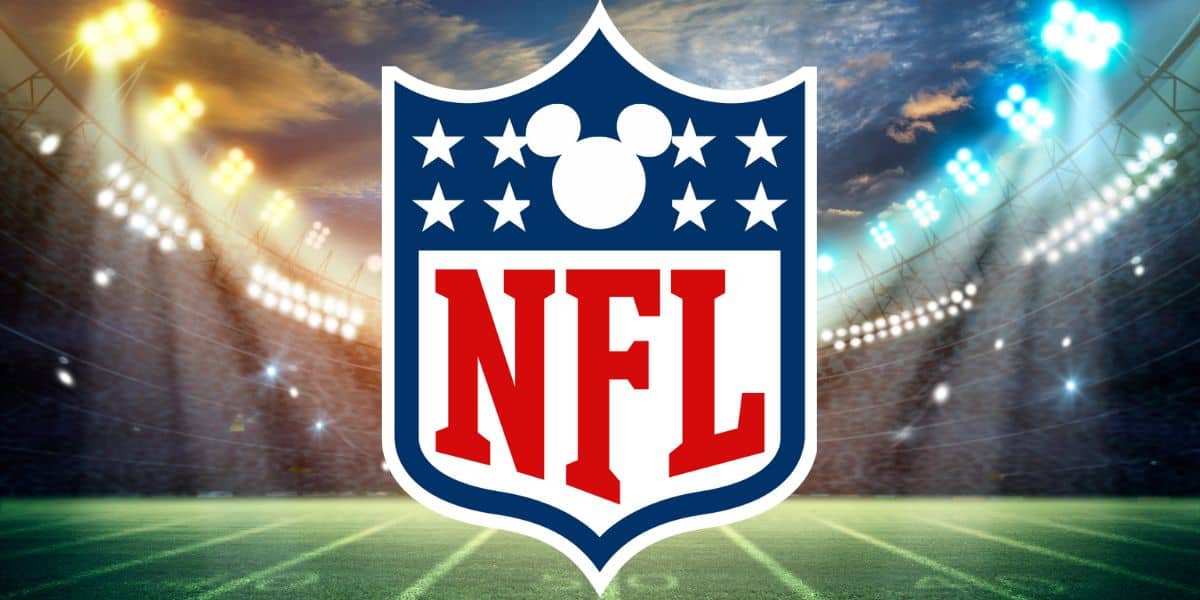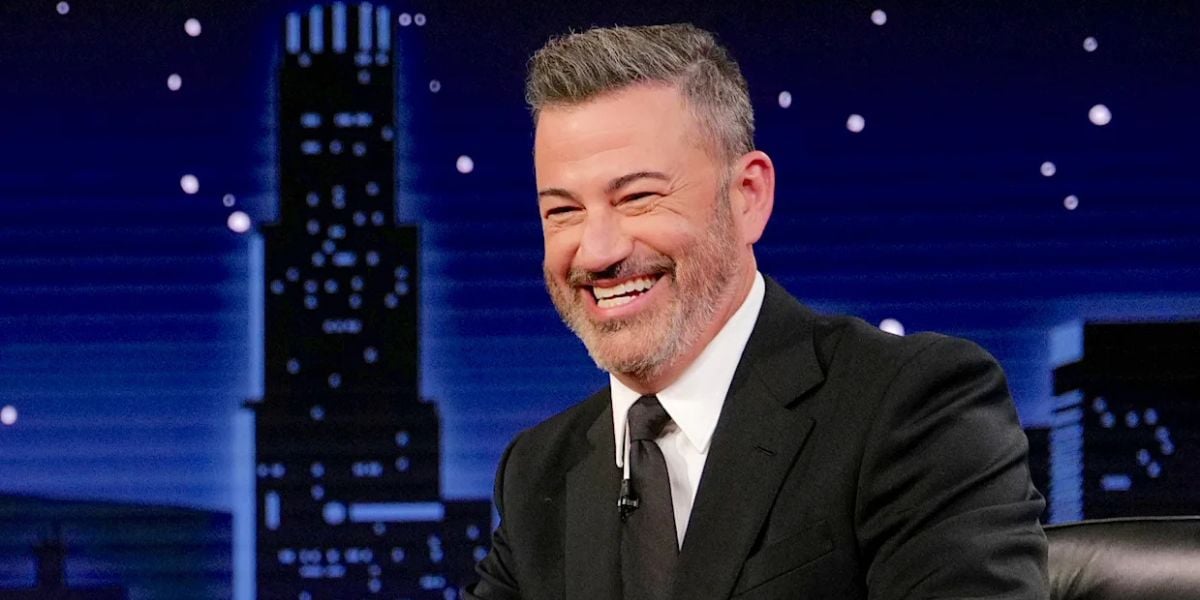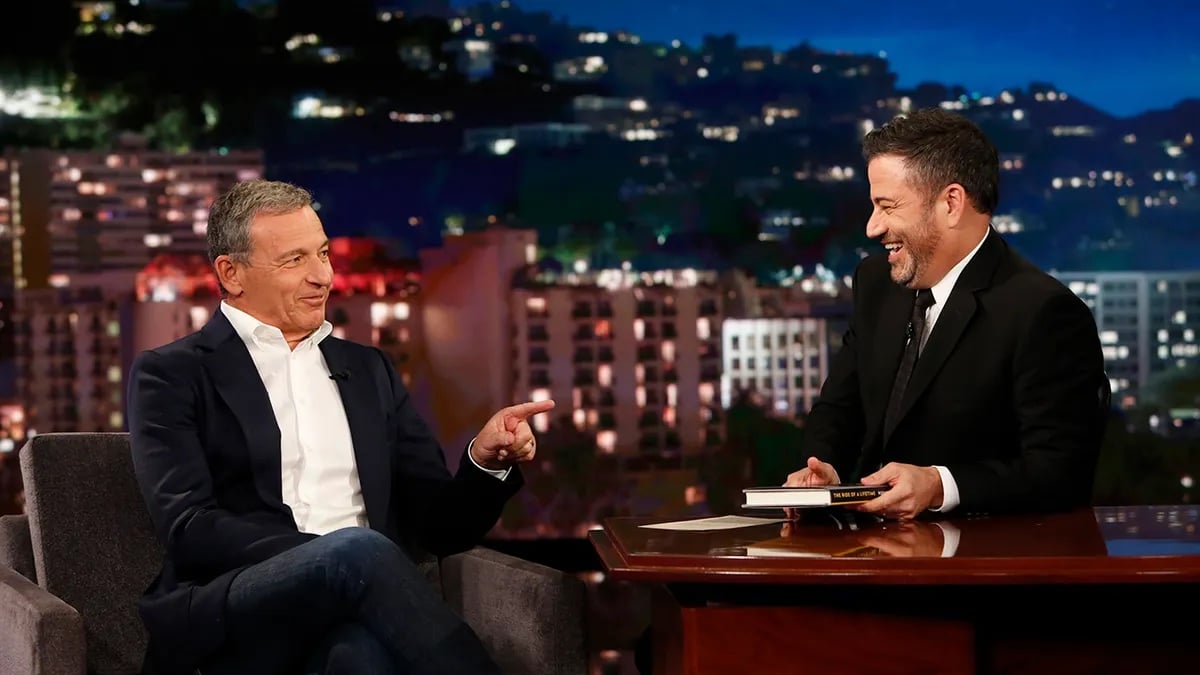Future of Disney’s Major Media Deal Uncertain as Trump Targets Kimmel’s Late-Night Show Again
Disney’s NFL Deal Overview
Disney’s recently announced agreement with the National Football League (NFL) represents a significant milestone for the company. The deal, valued at several billion dollars, aims to acquire the league’s media properties and grant the NFL a stake in ESPN. This partnership is pivotal for Disney as it seeks to sustain its cable division amidst the shifting landscape toward streaming services.

Key elements of the agreement include ESPN taking over the NFL’s Red Zone, the NFL Network, and its online fantasy football services. Furthermore, ESPN will add seven regular-season NFL games to its lineup, including six standalone international games. This new arrangement reinforces ESPN as the NFL’s permanent media partner, notably positioning Disney favorably for upcoming television contract negotiations projected for 2028.
The impact of this deal extends beyond mere broadcast rights. By integrating the NFL into its streaming service, Disney aims to create a comprehensive entertainment package that appeals to football fans and younger viewers, thus solidifying its presence in the competitive streaming market.
Trump’s Reaction to Kimmel’s Return
The situation took an unexpected turn when former President Donald Trump expressed dissatisfaction with Disney’s decision to reinstate late-night host Jimmy Kimmel. Trump’s remarks via Truth Social suggest that he views Kimmel’s return as an affront worth contesting. He indicated that he would “test out ABC” in response to Disney’s decision, stating that prior actions against the network resulted in a profitable settlement.
The backdrop to Trump’s comments involves perceptions of Kimmel as a prominent critic during his presidency, which may have spurred his backlash. Observers believe that Trump’s motivations are politically charged, as he seeks to leverage his influence in media mergers and impact Disney’s multi-billion-dollar deal with the NFL.
Disney’s potential repercussions could be substantial, as Trump’s stance may complicate their ability to finalize the agreement. As the deal requires sensitive regulatory approval, notably from the Federal Communications Commission (FCC) and the Department of Justice (DOJ), Trump’s public criticisms amplify the stakes for the company.
Implications of Regulatory Approval
The necessity of obtaining approval from the FCC and DOJ introduces an additional layer of complexity to Disney’s NFL deal. Regulatory bodies typically scrutinize media mergers for potential anti-competitive behavior, and political influences can significantly affect these processes. Trump’s previous statements indicate an acute awareness of this dynamic, suggesting he may use his political capital to challenge or delay Disney’s progress.

The historical context surrounding media deals showcases numerous occasions where political factors have impeded fair commercial transactions. As industry leaders analyze the current landscape, Trump’s involvement underscores the reality that corporate negotiations do not exist in a vacuum; they intersect with broader political climates and public sentiments.
Future Prospects for Disney
Looking ahead, predictions regarding Disney’s negotiations with the NFL remain uncertain. Experts hypothesize that Disney may need to demonstrate resilience and flexibility in addressing regulatory concerns while navigating political pressures stemming from Trump’s comments. Strategies may include publicly emphasizing the benefits of the NFL deal for sports fans and media competition to mitigate backlash.

Furthermore, Disney’s long-term market position could hinge on its ability to overcome these challenges without alienating key stakeholders. Successfully managing the fallout from Kimmel’s return and Trump’s ensuing scrutiny will be crucial for maintaining investor confidence and upholding brand integrity.
The future of Disney’s ambitious NFL deal hangs in the balance as it contemplates the intersecting factors of politics, media influence, and evolving consumer preferences in an increasingly digital age. As the situation unfolds, stakeholders within Disney and the broader entertainment industry will watch closely, mindful of the implications for a company that has shaped media for decades.





